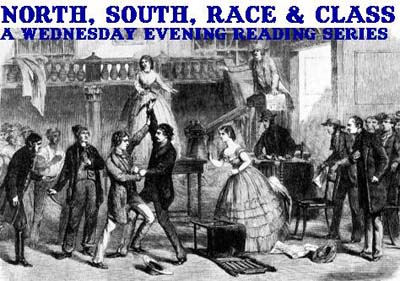Michigan State University
2010
260 pages
Publication Number: AAT 3435282
ISBN: 9781124337340
Matthew Joseph Pettway
This dissertation explores how Juan Francisco Manzano and Gabriel de la Concepcion Valdés (also known as Plácido) appropriated Hispanic literature to inscribe an African descendant subjectivity in nineteenth century proto-nationalist Cuban discourse. I revise Mary Louise Pratt’s notion of “intercultural texts” and Ángel Rama’s “literary transculturation”, proposing “transculturated colonial literature” to trace the contradictions, re-significations, silences and shifts in the aesthetic and ideological function of Manzano and Plácido’s texts. As such, nineteenth century Afro-Cuban literature is analyzed as an active space of negotiation and exchange disputing racial and religious hierarchies to inscribe an Afro-Cuban religio-cultural subject. Through the analysis of Africa-based spirituality and race, I conclude that both Manzano and Plácido disrupted the aesthetic and ideological norms of the colonial status quo by producing what I consider to be the first instance of literary transculturation in Cuba.
After the close reading of poems, letters, self-narratives, and court testimonies, my findings are twofold. First, the construction of a mulatto-Catholic persona by writers of African descent is a politically driven representation legitimating their tenuous association with white cultural elites in charge of disseminating their literature. The portrait of Afro-Caribbean characters that emerges from their writings not only re-signifies racialized bodies but also functions as a disputation of the dominant colonial gaze. Secondly, Manzano and Plâcido produced a transculturated religious subject embedded in Africa-based rituals, and able to subvert normative ecclesiastical practice through the construction of new meanings.
My research contributes to Latin American studies by revealing that Manzano and Plácido’s literature does not amount to mimicry of white culture, instead their work juxtaposes Afro-Cuban and Hispano-Catholic practices, subverts the institutional authority of the Church and challenges colonial racial discourse while lending itself to sometimes contradictory but equally plausible interpretations. In this way, my project proposes a new way of reading Afro-Cuban colonial writing that privileges the construction of subjectivities over colonial strategies of subjugation.
The comparison of Manzano and Plácido’s racial and religious self-inscriptions in early nineteenth century literature reveals important dissimilarities. Whereas Plácido’s lyrical persona avoided racial self-description—only classifying as a pardo in the course of legal proceedings—Manzano identified with the unattainable inbetweeness of a mixed-race identity. With regard to Africa-derived spirituality, Manzano’s lyrical voice and narrative persona renders a highly autobiographical account of apparitions, ancestral reunion and rituals to draw upon the power of spirits, while Plácido’s poetic voice does not refer to himself, instead portraying the Afro-Cuban confraternity as collective space for sacred practice that proclaims the judgment to befall colonial slave society.
Order the dissertation here.
